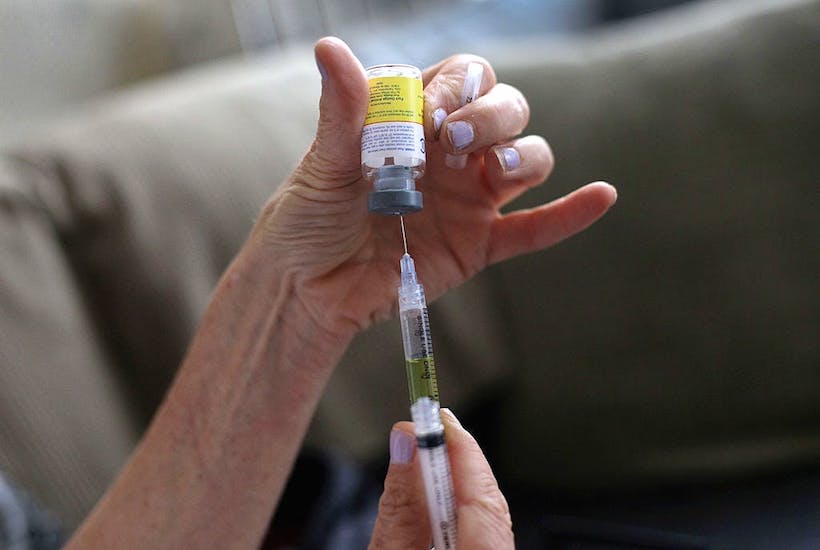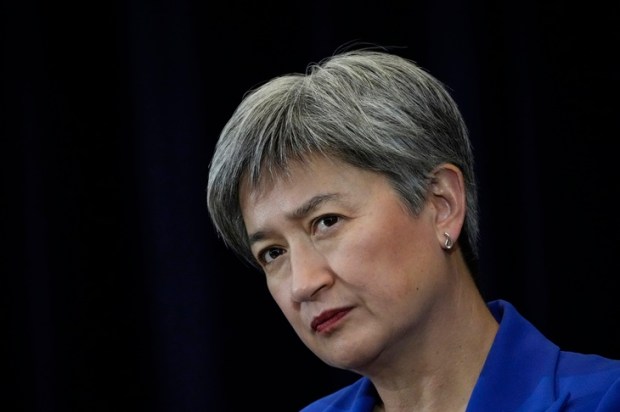The Queensland Voluntary Assisted Dying Bill 2021, and reports that the Queensland Government will include mental suffering as a criterion, are of great concern to future medical practice.
The Bill appears based on the Victorian Bill of the same nature and suffers from the same assumptions and blind spots about how medical practice actually works.
It assumes that the exercise of compassion and immediate response to a person’s expressed wishes are the only matters of relevance, without any evaluation of the adequacy of the person’s current treatment, whether alternatives exist, or the long-term consequences for the community of this sort of legislation.
It is assumed that there is no adequate palliative care possible. Compassionate care is necessary for all people with serious illness. Expert palliative and psychiatric care should also be available to all who need these. There continues to be a widespread avoidance of both areas of care, arising from stigma, misunderstanding of the role of these services including among healthcare professionals, and lack of adequately funded and available services.
An ethical medical assumption in most Western democracies, and especially Australia, has been that the state does not take or collude in the taking of the lives of its citizens; what politicians are doing in Australia at the moment is therefore quite profound and socially dangerous.
Legislation of this sort assumes it can put subtle and complex medical and psychological matters into a black and white legal framework. This is very difficult if not impossible without opening the door to harm for present and future patients.
There is no obligation in this Bill for the doctor involved to confirm the pathology from which a person suffers, consult with their current treating doctor, refer for specialist palliative care consultation, or refer to a psychiatrist experienced in the field. And this is a situation where fear of the unknown and outright depression is rife, and the main drivers of suicidal thought.
An assumption is made that a requesting patient is fully informed about all of these matters, is having fully adequate care, does not suffer from depression, and is not under coercion by anyone, especially relatives.
This legislation calls for involved doctors to assess whether a person is under some coercion; but how exactly are they to do that, especially by telephone?
The Victorian VAD Board states there is no evidence of coercion. But how would they know, so far removed from the action?
Inadequate assessment of current treatment, mental state and possible coercion, arguably constitutes “medical neglect”.
Apart from those immediate issues, there is a longer term question that bears on the common good of the community. Once the ethical line is crossed of doctors assisting people to suicide (whatever the verbal gymnastics involved legally may be of calling it voluntary assisted dying) assisting people to take their own lives becomes part of “medical treatment”.
This has a number of consequences, as evidenced by experience in The Netherlands and in Belgium especially, where the criteria keep extending by “usual practice“ and include people with psychiatric illness, people with more minor psychological reactions, those who are lonely etc.
There are calls for people to write into their future care plans that if they develop dementia it is ok for their lives to be terminated, even if at that later time they verbally object.
The outworking of this sort of legislation will create a major medical ethical problem in coming decades. A somewhat hidden concern also must be future bureaucratic proposals about the expense of care for ageing and dementing people. Government itself is crossing a huge ethical boundary in legitimising the killing of its citizens; where may that end?
Will doctor-assisted suicide, voluntary or involuntary, be considered as part of the “management of ageing”. Once the ethical line is crossed, there is no logical end-point to terminating of life as part of future ‘medical management’ or indeed governmental social policy.
A dictum of medical ethics has always been “first do no harm“. If one actually takes all the considerations into account, does this legislation do harm to individuals, professions or/and society? Would it not be better to develop the quality and accessibility of palliative care and psychiatric care available for all of the community such that we do not cross the line and stray into this highly contentious and problematic medical and governmental behaviour?
Dr John Buchanan MBBS, MMed, DPM, FRACP, FRANZCP is a consultant psychiatrist, Associate Professor Odette Spruijt, MBChB, Dip.Obs., FRACP, FRAChPM the founder and chair of Australasian Palliative Link International and Professor E H Walters MA DM DSc FRCP FRACP FCCP FThorSoc Emeritus Professor of Medicine at the University of Tasmania and Emeritus Senior Physician at the Royal Hobart Hospital.
Got something to add? Join the discussion and comment below.
Get 10 issues for just $10
Subscribe to The Spectator Australia today for the next 10 magazine issues, plus full online access, for just $10.

























Comments
Don't miss out
Join the conversation with other Spectator Australia readers. Subscribe to leave a comment.
SUBSCRIBEAlready a subscriber? Log in